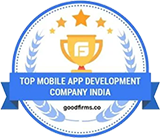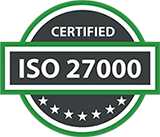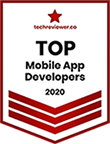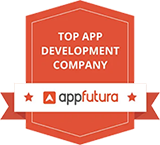Hire SaaS Developers
Verified work reports
NDA-safe with full IP rights
Onboard in no time
15-day talent swap
Remote or on-location
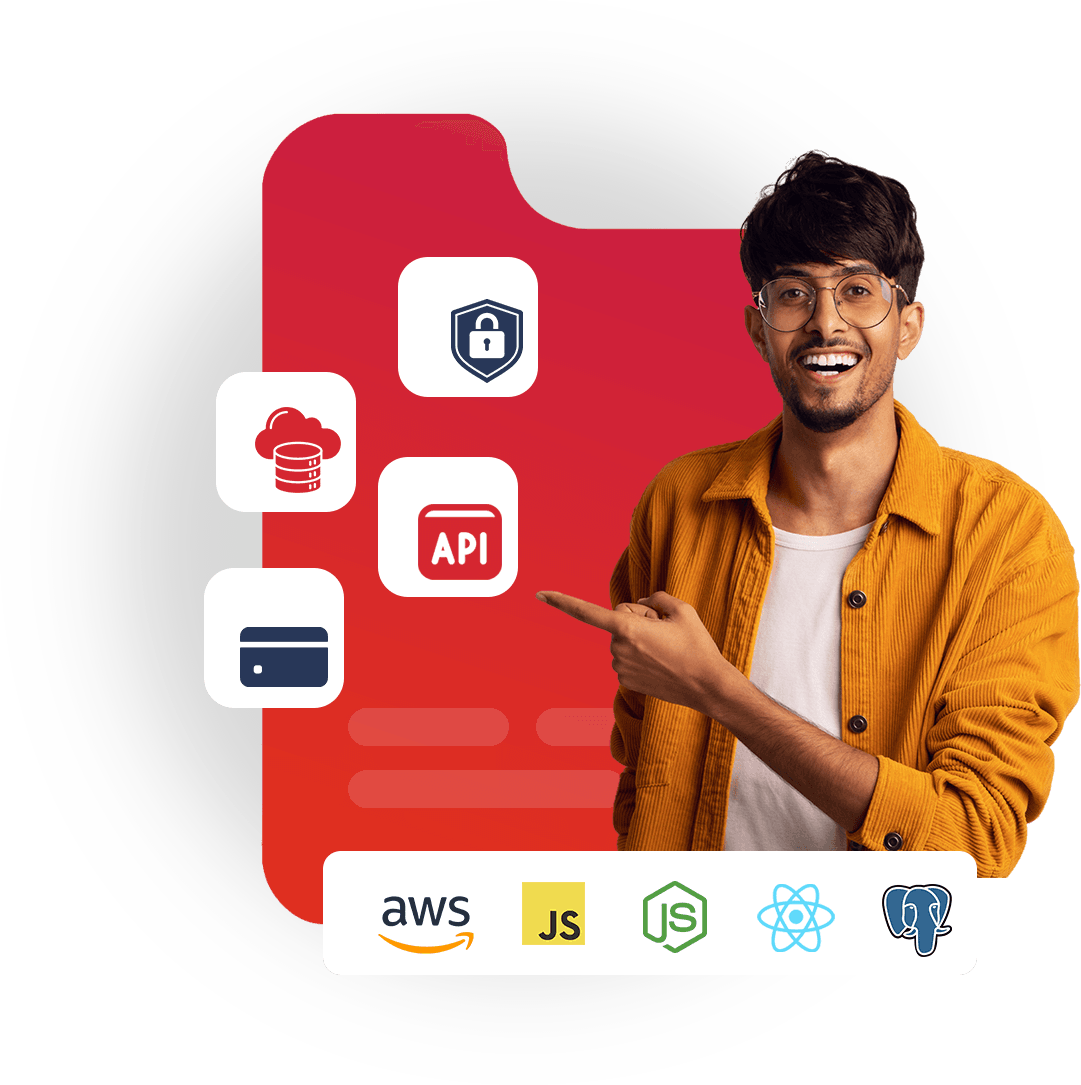
On-Demand SaaS Developers, the Right Tech Stack, Seamlessly Aligned with Your Product Vision and Timeline.
Access expert SaaS development with skilled engineers (5–8 years' experience). We deliver scalable, high-impact solutions across 20+ tech stacks. Fuel innovation, streamline processes, and enhance efficiency with cutting-edge SaaS technology.
SaaS development requires cloud expertise, a strong technical foundation, and a modern approach. Dappinity’s skilled developers specialize in server side and client side development, delivering innovative and cost effective solutions to drive your business forward.
Hire Custom SaaS Development Talent for Every Business Need
SaaS Development Consulting
Our consultants guide you from ideation to design, leveraging market analysis and best practices to build high performing SaaS products.
Benefits of Hiring SaaS Developers
Smooth system integrations
Future-proof cloud architecture
Ongoing support and maintenance
Fast, efficient cloud migration
Cross-platform expertise
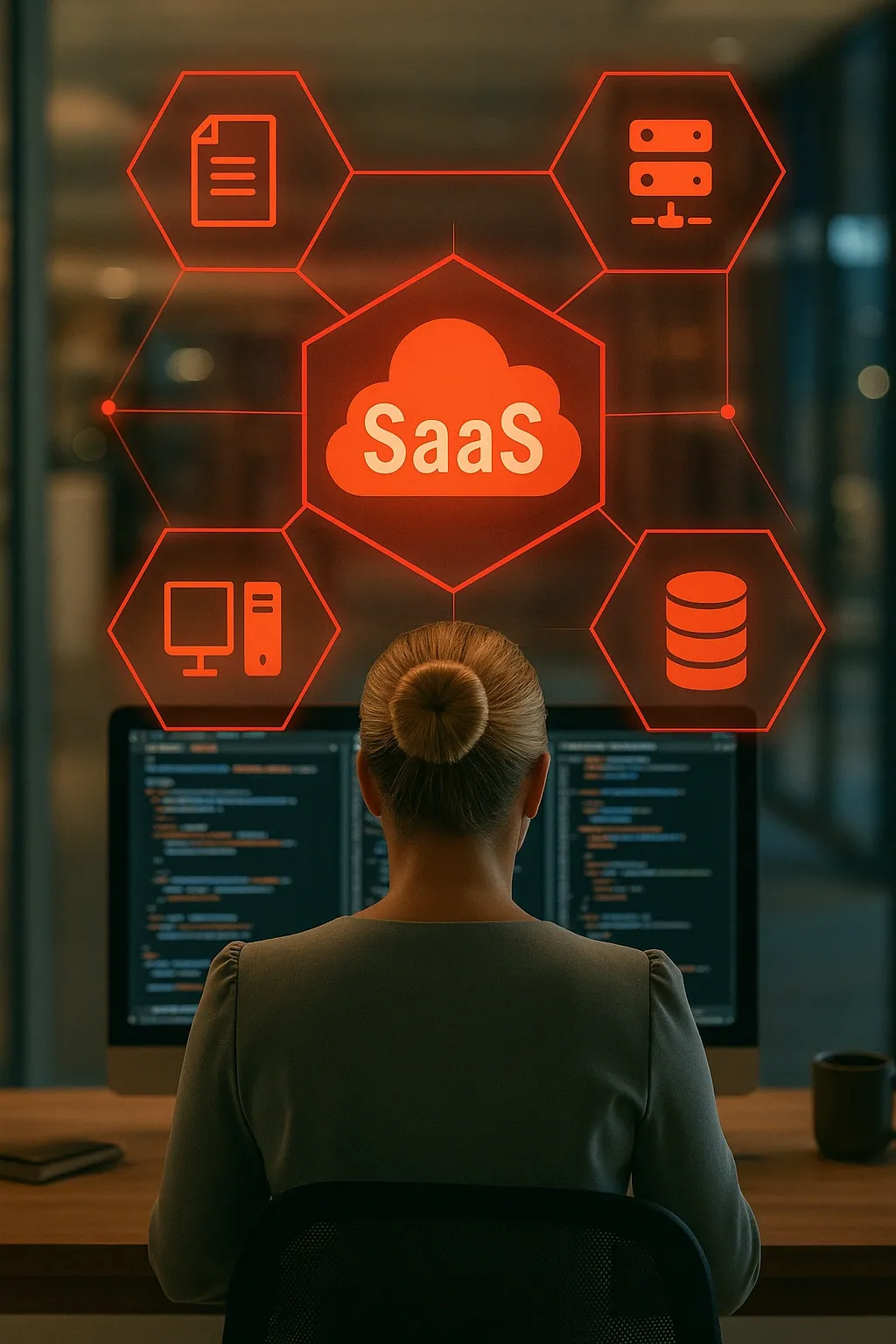
Tech Stack Expertise of Our SaaS Developers
Our SaaS developers are proficient across a modern tech stack, enabling us to build robust and scalable cloud solutions as per your needs.
 HTML5
HTML5 CSS3
CSS3 JavaScript
JavaScript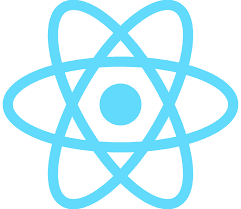 React.js
React.js Angular.js
Angular.js Vue.js
Vue.js
 Selenium
Selenium Jenkins
Jenkins Azure DevOps
Azure DevOps Docker
Docker Kubernetes
Kubernetes Gradle
Gradle
 Python
Python Java
Java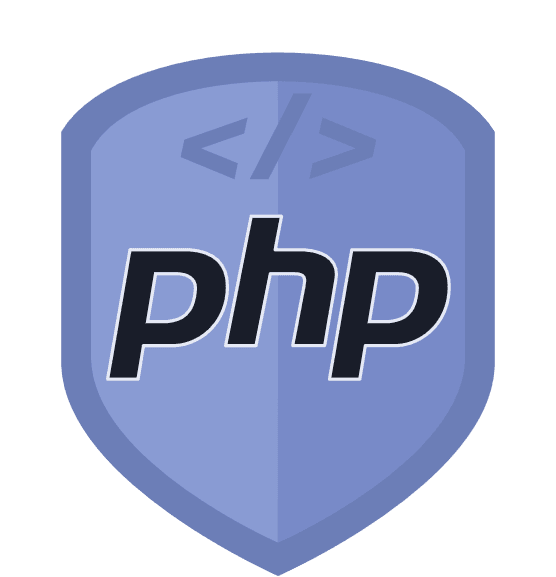 PHP
PHP Go
Go Meteor
Meteor
 PostgreSQL
PostgreSQL MySQL
MySQL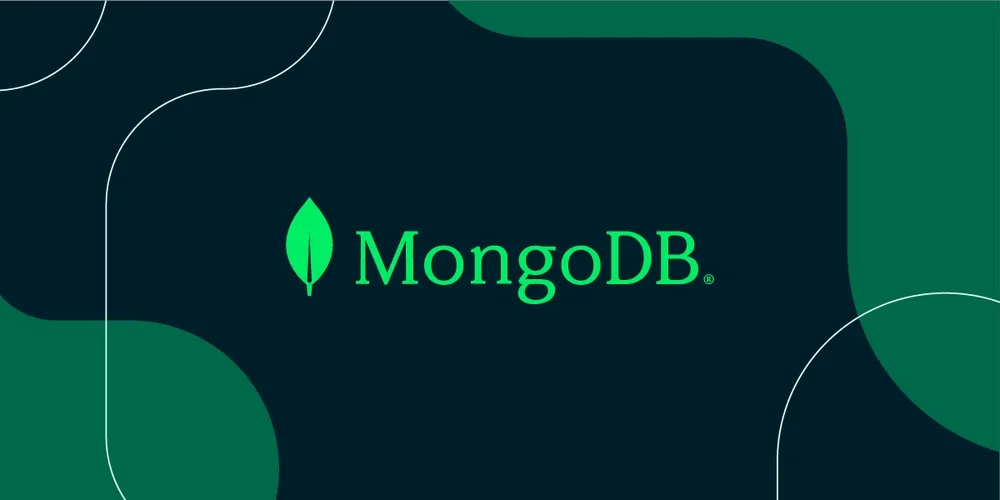 MongoDB
MongoDB Dynamodb
Dynamodb SQLite
SQLite
Testimonials
The team delivered high-quality work that met our expectations in terms of design and functionality.
Productivity-focused companies trust Dappinity’s high-quality SaaS Developers to build fast, scale smart, and deliver with confidence.
We help you access skilled, reliable SaaS Developers who bring clarity, speed, and scalability to your projects — so you can focus on results, not resourcing.
Why Hire SaaS Developers from Dappinity?
Dappinity provides expert SaaS Developers offering scalable, innovative, and client-focused solutions while ensuring high quality and timely project delivery.
- Expert Developers
- Agile Project Management
- Cost Effective Solutions
- Superior Software Quality
- Optimized Operational Costs
- Time Zone Compatibility
Benefits of Dedicated SaaS Developers
The dedicated SaaS Developers team at Dappinity delivers innovative, scalable, and secure solutions, ensuring seamless collaboration and future ready applications.
- Tailored Software Solutions
- Cutting Edge Technology
- Agile Development Process
- Seamless Collaboration
- Future Ready Applications
- End to End Support
Hire SaaS Developers Fast with Our Simple Process

Tell us what you need - tech stack, experience, timelines.

We send you pre-screened developers matched to your needs.

You interview. You decide. Start in as little as 72 hours.

Easily scale up or down. We stay flexible as you grow.
1Engagement Models (Full-time, Part-time, Hourly, Project-Based)
When hiring SaaS developers, selecting the right engagement model is key to meeting your goals:
Full-time SaaS Developers:
Ideal for startups and enterprises building or scaling a SaaS product long-term. These developers provide consistency, deep system understanding, and ongoing support.
Part-time Developers:
Great for feature rollouts, system updates, or performance optimizations on an existing SaaS platform.
Hourly Developers:
Best for quick tasks, bug fixes, UI enhancements, or testing. This model offers maximum flexibility.
Project-Based Hiring:
Suited for building an MVP, adding a new module, or launching a complete SaaS product with a defined scope and timeline.
2Development Methodologies: Best Approaches for SaaS Products
For SaaS applications, choosing the right development methodology ensures efficient delivery and rapid iteration. Here's what works best:
Agile:
Enables iterative development, continuous feedback, and faster feature delivery. Perfect for SaaS products that evolve frequently based on user needs.
Scrum:
A structured Agile framework ideal for SaaS projects with recurring release cycles. Short sprints keep the team focused on delivering updates or improvements regularly.
DevOps-Oriented Agile:
A hybrid of Agile and DevOps ensures code is not only built quickly but also deployed and maintained efficiently. It emphasizes automation, CI/CD, and real-time monitoring—vital for SaaS reliability and scalability.
3Matching Tech Stack Needs with SaaS Developer Expertise
A skilled SaaS developer brings a blend of frontend, backend, cloud, and DevOps capabilities. Here's what to look for:
Frontend Development:
- Frameworks: React, VueJS, Angular
- Skills: Responsive UI/UX, dashboard interfaces, component libraries (Material UI, Tailwind CSS)
Backend Development:
- Languages: NodeJS, Python, Ruby, PHP
- Frameworks: Express, Django, Laravel, Ruby on Rails
- API Development: REST, GraphQL for microservice architecture
Cloud & DevOps:
- Platforms: AWS, Azure, GCP
- Tools: Docker, Kubernetes, CI/CD pipelines (GitHub Actions, Jenkins), serverless architecture
- Monitoring: Prometheus, New Relic, Datadog
Database Expertise:
- SQL: PostgreSQL, MySQL
- NoSQL: MongoDB, DynamoDB
- Caching: Redis, Memcached
SaaS-Specific Features:
- Multi-tenancy architecture
- Role-based access control (RBAC)
- Subscription billing (Stripe, Paddle)
- User onboarding, analytics, integrations with third-party tools (Slack, Zapier)
4Ensuring Code Quality When Managing SaaS Developers
SaaS platforms must be reliable, secure, and scalable. Here’s how to enforce quality:
Code Reviews:
Conduct peer reviews to maintain best practices and detect issues early.
Automated Testing:
Automated testing encompasses unit tests to validate feature logic, integration tests to ensure cross-service communication, and end-to-end tests using tools like Cypress and Playwright to verify complete user workflows.
Linting & Code Standards:
Enforce clean, readable, and error-free code using Prettier and ESLint.
CI/CD Pipelines:
Automate builds, testing, and deployments using tools like Jenkins, CircleCI, or GitHub Actions.
Monitoring & Logging:
Set up real-time monitoring and structured logging to catch issues post-deployment.
Documentation & Knowledge Sharing:
Up-to-date product documentation, changelogs, and architecture diagrams, along with thorough commenting and internal wikis, are crucial for seamless onboarding and scalable growth.
5Security & IP Protection When Working with SaaS Developers
Security is non-negotiable for SaaS platforms, especially when managing distributed teams:
Legal Safeguards:
- Sign NDAs and IP assignment agreements before work begins.
- Define confidentiality and IP clauses clearly in contracts.
Access Control:
- Use IAM (Identity & Access Management) with limited privileges.
- Revoke credentials immediately after the engagement ends.
Secure Code Repositories:
- Use GitHub, GitLab, or Bitbucket with 2FA.
- Host code in private repos and monitor activity logs.
Infrastructure Protection:
- Use cloud security best practices (firewalls, encryption, backups).
- Set up automated alerts for suspicious behavior.
Data Privacy & Compliance:
Ensure compliance with GDPR, CCPA, HIPAA, or other industry regulations.
6Freelancer vs Dedicated SaaS Developer: Which Is Better?
Choosing between a freelancer and a dedicated SaaS developer depends on your product's lifecycle:
Freelancers:
- Ideal for small updates, quick prototypes, or fixing specific bugs.
- Cost-effective and faster to hire but less consistent for long-term development.
Dedicated SaaS Developers:
- Best for MVP development, long-term product evolution, and handling feature-rich applications.
- Provide consistent code quality, better collaboration, and deep product understanding.
Engage Dappinity for your SaaS Development
Transform your ideas and imagination into powerful software. Choose Dappinity for dedicated and skilled SaaS development teams.
600+
Project completed12+
Years Experience100%
Positive reviews92%
Customer RetentionTransparency
Strict Privacy Assurance with NDA
Talented Team of Developers
12 Months Free Support
Smooth Collaboration & Reporting
On time Delivery, No Surprises
Efficient & Adaptive Workflow
FAQs about hiring SaaS Developers
A dedicated SaaS developer ensures custom built, high performance applications with advanced cloud features, strong security, and seamless integration. Our developers provide continuous updates, technical support, and performance optimization for long term success.
The development timeline differs based on project scope. A basic SaaS MVP may take 3 - 6 months, while a fully featured enterprise SaaS application may require 9 - 18 months, depending on customization and integrations to be done.
SaaS developers work with ReactJS, AngularJS, NodeJS, Python, Ruby on Rails, Laravel, PostgreSQL, MySQL, MongoDB, Docker, Kubernetes, and cloud platforms like AWS, GCP, and Azure to build robust applications.
Yes, experienced SaaS developers implement AI driven analytics, machine learning (ML) models, and process automation to enhance SaaS functionality. Features like chatbots, predictive analytics, and workflow automation improve efficiency and user experience.
Look for developers with strong SaaS expertise, a proven portfolio, experience in cloud computing, security best practices, and industry specific knowledge. Prioritize developers who understand scalability, performance optimization, and integration capabilities.
Yes, developers can convert legacy software into a SaaS application by refactoring code, migrating to cloud infrastructure, and implementing multi-tenant architectures. This enhances accessibility, security, and performance while reducing maintenance costs.
SaaS applications are widely used in healthcare, finance, eCommerce, logistics, education, real estate, and HR tech. Businesses in these industries leverage cloud based solutions for automation, scalability, and operational efficiency.
SaaS developers enforce many practices like end to end encryption, constant security audits, first class firewall protection, access controls, and industry compliance protocols (GDPR, HIPAA, SOC 2) to safeguard consumers information and maintain best regulatory standards.






